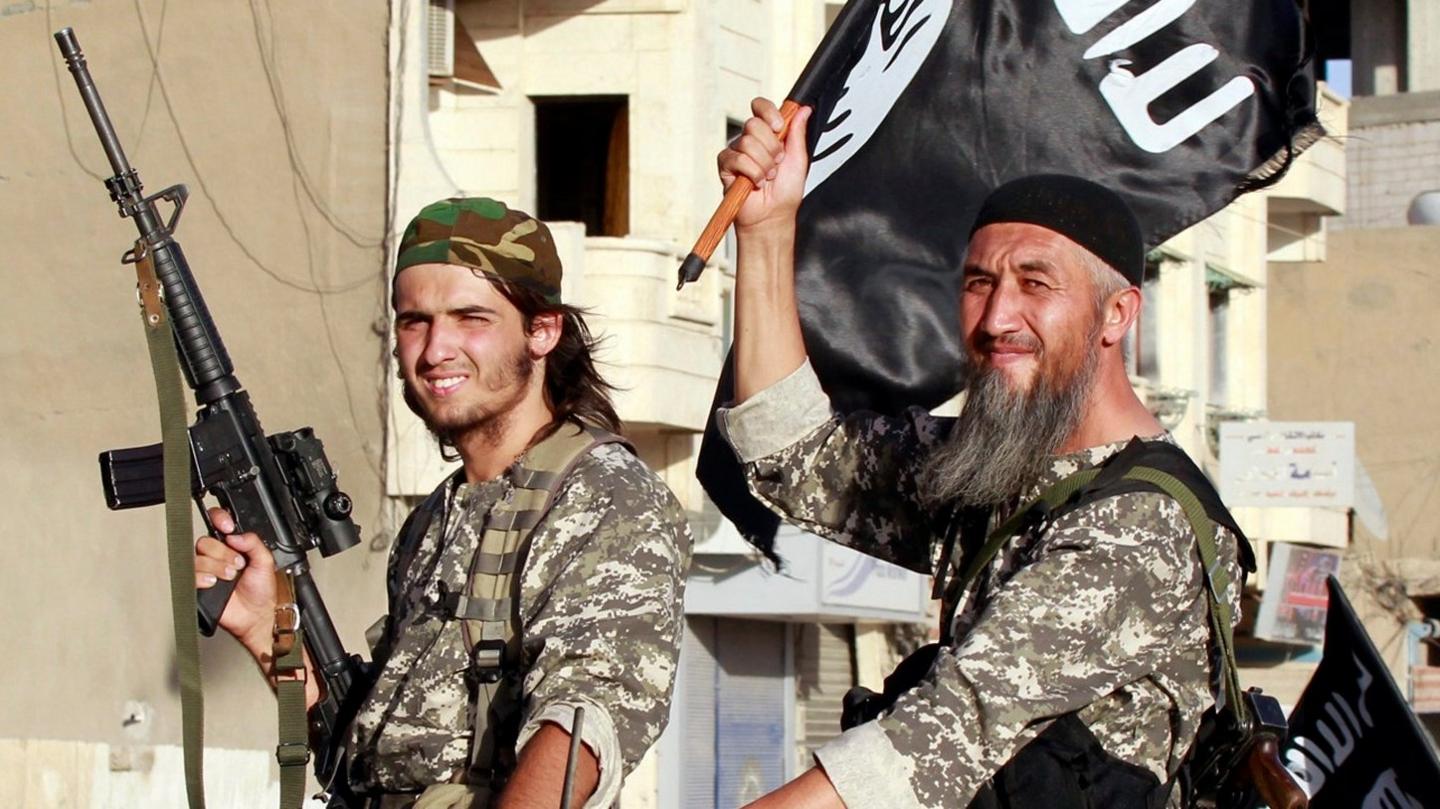Has IS changed Parliament's view on military action?
- Published
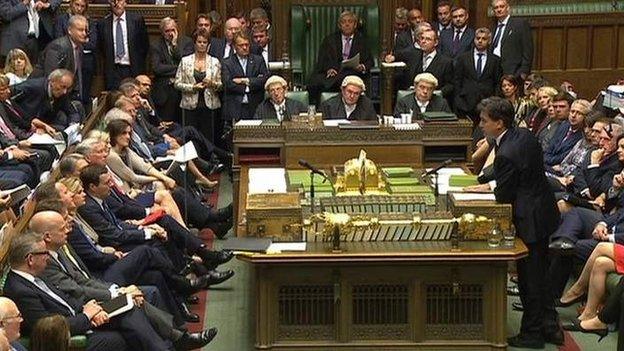
UK air strikes over Syria and Iraq might be imminent. A British hostage is threatened by a British jihadist. American hostages have been killed.
The prime minister asserts that military intervention in Syria would be legal. Nato leaders say the forces of Islamic State should be destroyed.
This is, by any measure, a big moment.
And the spectre of armed conflict usually makes Parliament pulsate. Think of the Norway debate in 1940 or Iraq in 2003.
A year ago there was fierce argument about the wisdom of military intervention against President Assad in Syria after his alleged use of chemical weapons. The Commons split, Labour opposed, the government lost and protesters marched in the streets outside.
A year on and the mood could not be more different. A sombre consensus seems to be sitting over the chamber. The government's action so far - humanitarian aid, surveillance support to the US, non-military help for the Kurds with the prospect of arms if they ask - has had the unwavering support of the Labour leadership.
Threat
There's been barely a squeak of dissent. And with air strikes "not ruled out" by David Cameron, very few on either side of the Commons can be heard saying no.
So what's going on? Here are some observations after talking to Labour and Conservative MPs. Unlike last year's Syria vote and the prevailing concern about Britain meddling in another country's civil war, now the threat feels more direct.
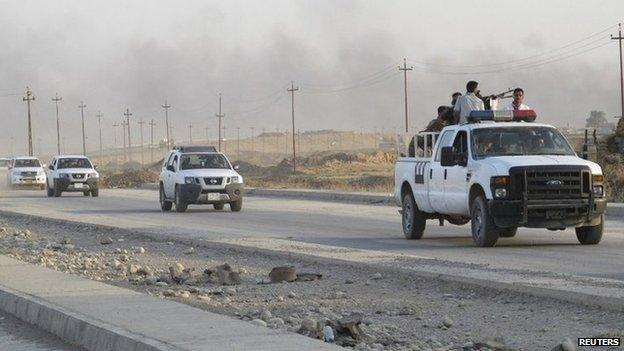
Iraqi security forces have been making progress against IS
The ranks of IS fighters are being swelled with recruits from Britain (and other countries) and there is revulsion at what they're doing there and might do here. There is broad agreement something must be done.
What about Ed Miliband's thinking? Last year Labour led the opposition to intervention in Syria. Now the veteran Labour MP Peter Hain is among those saying the West should hold its nose and find common cause with Assad in fighting IS.
My source, a shrewd Labour MP, suggested support for the government's position might start to fracture once the details of further military involvement are spelt out. He also thought a chunk of the party was far more focused on the imminent Scottish referendum than events in Syria and Iraq.
But with a general election now close - and IS being the grizzly group it is - Labour will be wary of taking a markedly different stand to the government over IS so close to polling day. If there was a chance of British boots on the ground the arguments would be far more charged. But that's been clearly ruled out.
Nor do I get a sense that Labour MPs are going to be hopping up and down demanding a debate and vote on military action before it's taken. Several I spoke to said they'd be happy to see retrospective approval given once air strikes had started.
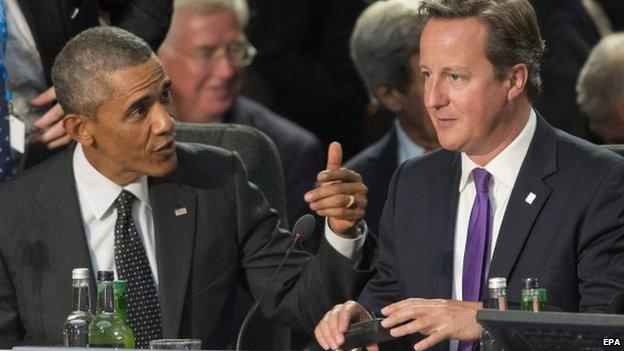
Iraq and Syria are among the main themes of the Nato conference
In fact, it was more hawkish conservative MPs who seemed most eager for Parliament to have its say first - and soon. Parliament rises for another recess at the end of next week and won't return until 13 October.
Some Tory MPs are pushing for a motion to be tabled during a foreign affairs debate next Wednesday. They think it's tidier if Parliament has given the green light for limited military intervention by then and I understand conversations are happening between Labour and Conservative MPs over whether that could happen.
So, Parliament is not crackling with argument over how to tackle IS. In fact it's doing what Parliament should - reflecting the anxieties, revulsion and disorientation that IS has provoked among voters. If a deeper military involvement by Britain is brewing, so far Parliament is cautiously following along.
- Published4 September 2014
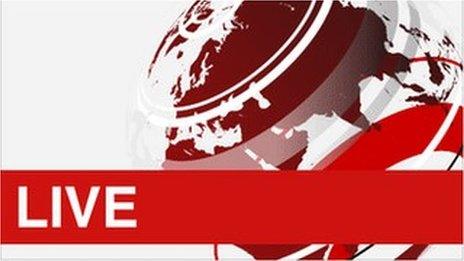
- Published4 September 2014
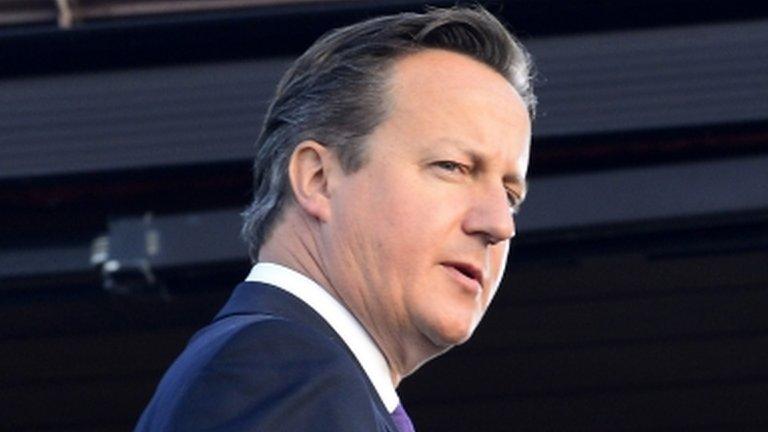
- Published3 September 2014
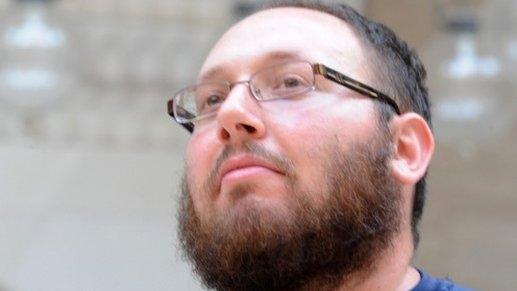
- Published4 September 2014
- Published4 September 2014
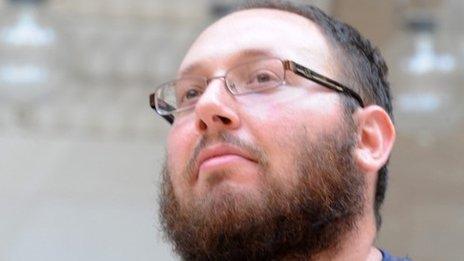
- Published3 September 2014
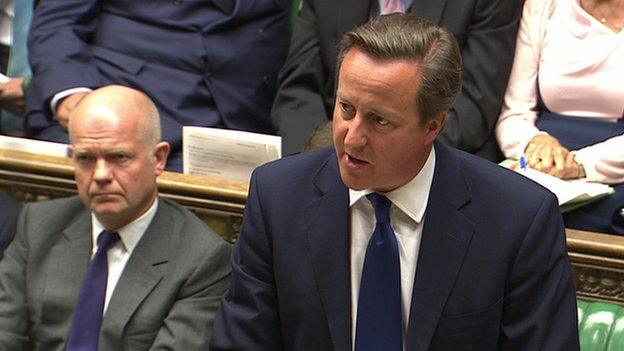
- Published4 September 2014
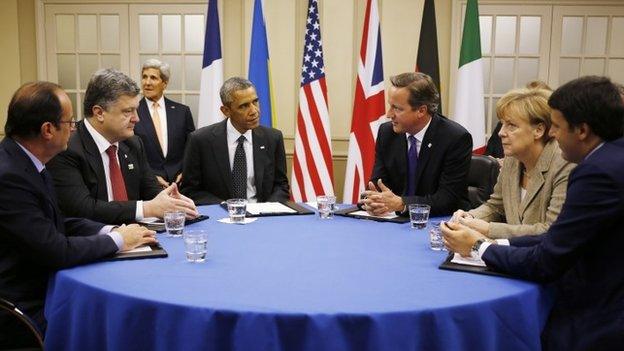
- Published2 December 2015
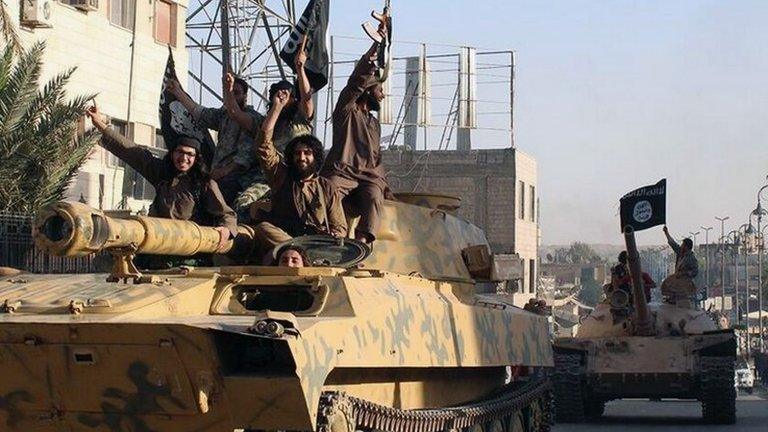
- Published3 September 2014
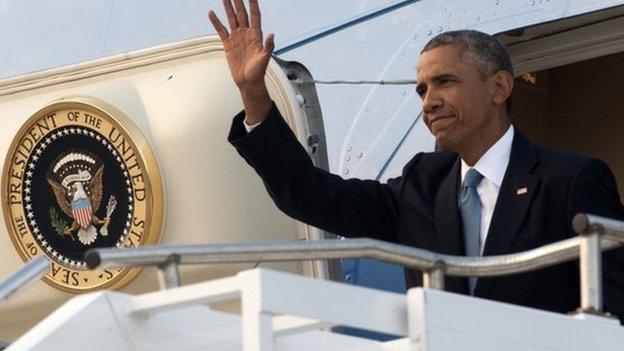
- Published3 September 2014
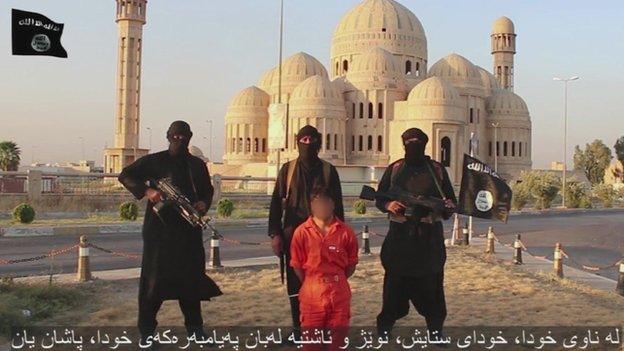
- Published3 September 2014
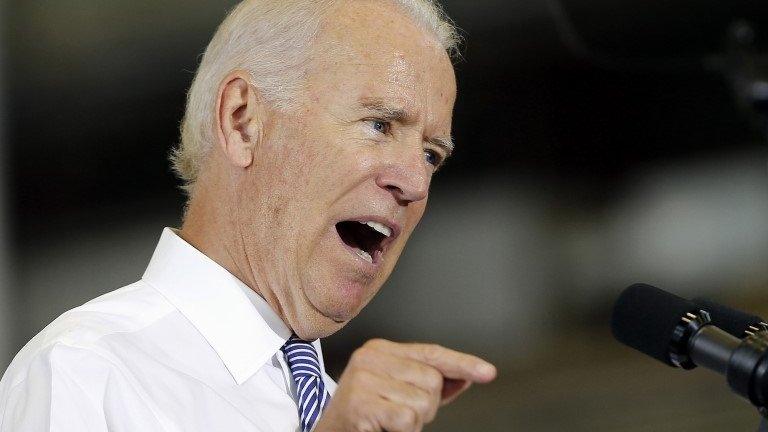
- Published3 September 2014
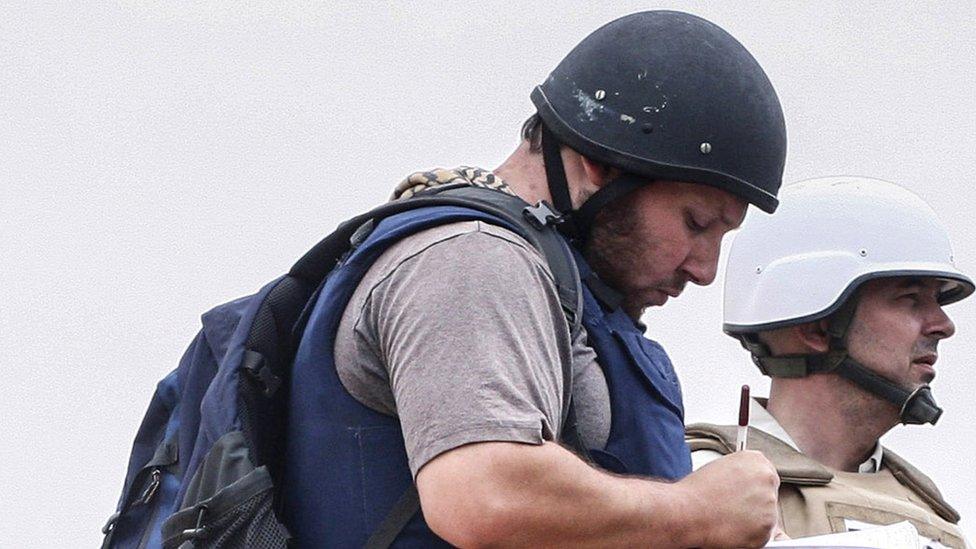
- Published3 September 2014

- Published28 August 2014
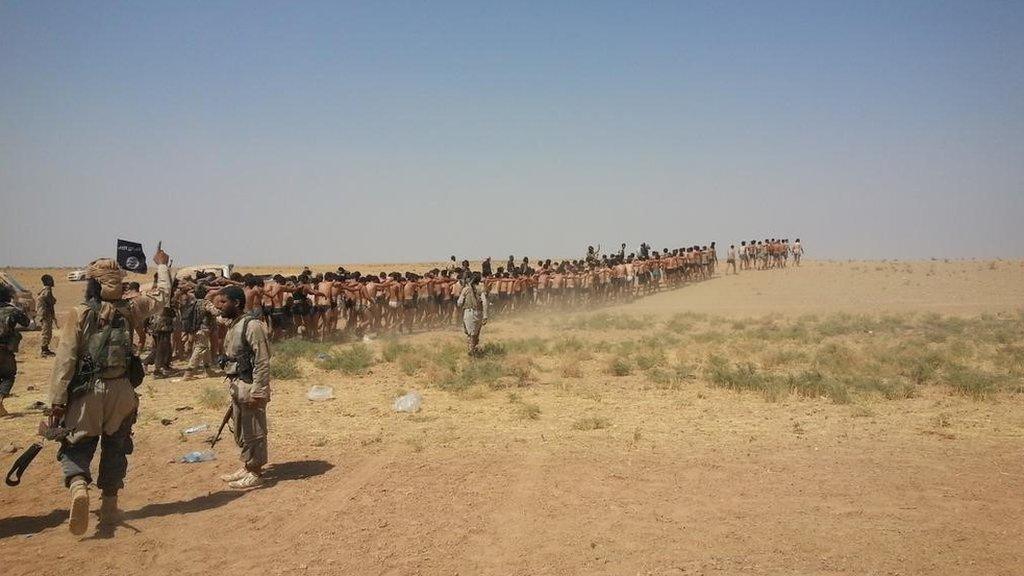
- Published11 August 2014
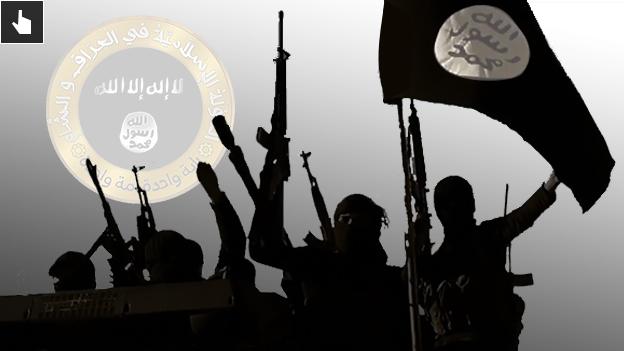
- Published1 September 2014
